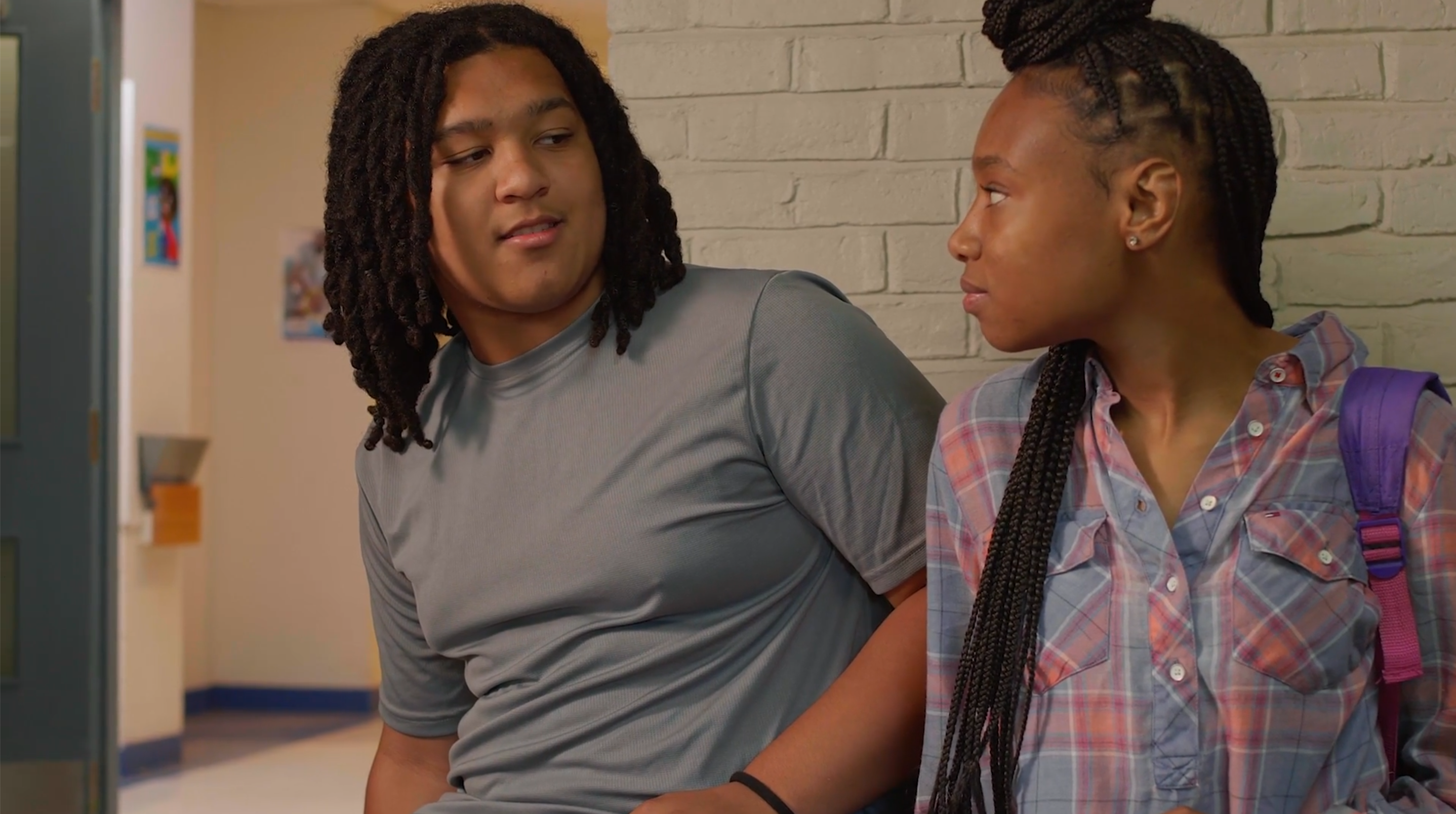
Introduction
Healthy and happy relationships are built on effective communication. Clear communication helps avoid misunderstandings that could cause hurt feelings or confusion. This blog post will provide an overview of essential communication skills for high school students, including understanding communication styles, active listening, and expressing needs positively. These skills are crucial for maintaining strong relationships and fostering social-emotional growth.
No-Prep Activity
Here’s a simple, no-prep activity that educators can use to help students practice communication skills in relationships:
Role-Play Scenarios
Have students pair up and assign each pair a role-play scenario that involves communication within a relationship. For example, one person could be sharing good news, while the other responds in a supportive and positive manner. Encourage students to practice both direct and indirect communication styles, as well as active listening techniques. After each scenario, have the pairs switch roles and discuss what they learned from the experience.
Discussion Questions
- Why is understanding your partner’s communication style important in maintaining a healthy relationship?
- What are some strategies you can use to improve your active listening skills?
- How can you ensure that your communication is positive and constructive, even when discussing difficult topics?
- What are some examples of expressing your needs in a polite and clear way?
- How can practicing these communication skills benefit your relationships and overall well-being?
Related Skills
In addition to the communication skills discussed above, high school students can benefit from developing other social-emotional learning skills, such as:
- Empathy: Understanding and sharing the feelings of others can help improve communication and strengthen relationships.
- Conflict Resolution: Learning to resolve disagreements in a respectful and constructive manner is essential for maintaining healthy relationships.
- Self-Awareness: Being aware of your own emotions, strengths, and weaknesses can help you communicate more effectively with others.
- Assertiveness: Practicing assertive communication allows you to express your needs and opinions while respecting the rights of others.
Next Steps
Now that you’ve learned about the importance of communication in relationships and some strategies to improve your skills, it’s time to put these ideas into practice. We encourage you to sign up for free samples of social-emotional learning materials, including activities and lessons that can help you and your students develop strong communication skills and build healthier relationships.

